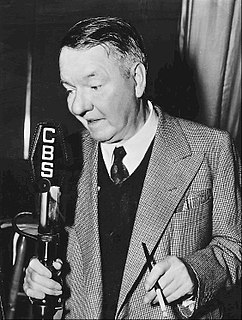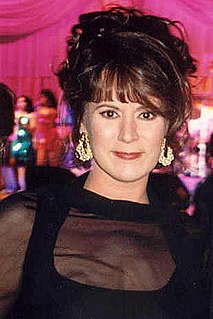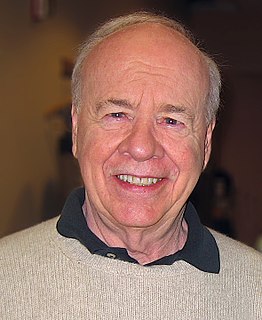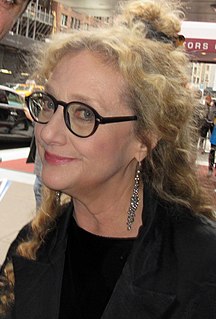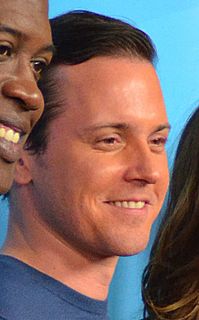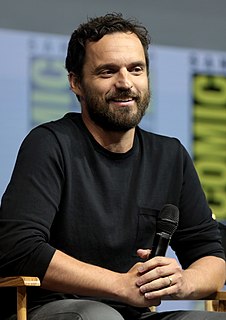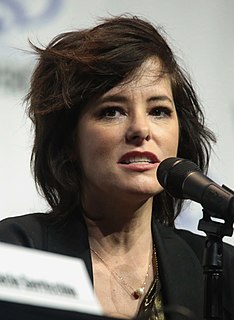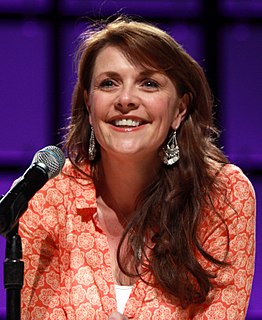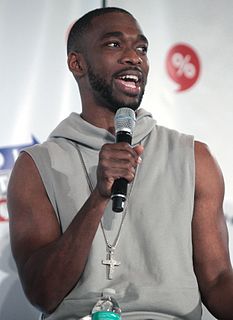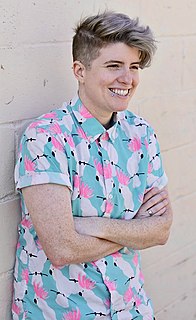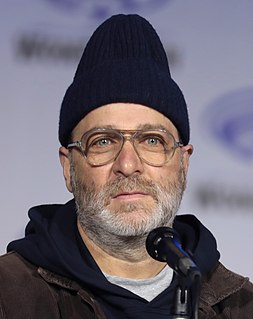A Quote by W. C. Fields
The work I'm doing on the screen differs from that of anyone else. My comedy is of a peculiar nature...no writers have been developed along the lines of my type of comedy and this is why I sometimes have differences with writers, supervisors and directors alike.
Related Quotes
I think that there's a fine line between comedy and drama. I think that ultimately, the less winking that's going on when you're doing comedy - and this is just my own thing, and maybe it's why I've never been hired in comedy except by Bill Lawrence - but I think that the less winking you do with comedy, the better off you are.
Like, your body has to get used to being in front of people. Like - and you have to be like - you have to be kind of a ham, you know? Like, the thing about writers is they're generally self - comedy writers - self-loathing, sort of play small. And as a, like, performer, you have to think like a comedy writer but act like a performer.
It's always the girl comedy and the guy comedy. It bums me out. You'd think there'd be a progression, from James L. Brooks and Nora Ephron into more subtle humor and behavior and psychology. All these interesting things people can learn about themselves by watching talented writers comment intelligently on someone else's emotional life.
Voice actors I used to know who were starting out in comedy were guys who did a lot of voices. They were usually comedy actors who developed their comedy by doing tons of impressions and voices that were usually very funny. And I never did any of that, so that's, I guess, why I don't consider myself a voice actor.
